The quality and safety of the food we eat are essential for our health and wellbeing. Unfortunately, airborne bacteria and mold in the kitchen can negatively impact food preservation, leading to spoilage and food waste. Air purifiers can help improve food preservation by reducing the amount of airborne bacteria and mold in the kitchen
Air purifiers work by filtering the air, removing harmful particles, and releasing clean air back into the environment. The most common types of air purifiers are HEPA filters and activated carbon/charcoal filters.
HEPA filters are effective in removing airborne particles, such as dust, pollen, and pet dander. They can also remove bacteria and viruses from the air. Activated charcoal filters work by absorbing odors and chemicals, making them useful in eliminating cooking odors and volatile organic compounds (VOCs).
Air purifiers can help improve food preservation in several ways. By reducing the amount of airborne bacteria and mold, air purifiers can help prevent the growth of harmful microorganisms on food. They can also eliminate cooking odors that can cause food to spoil faster. Additionally, air purifiers can help reduce the risk of cross-contamination, as airborne bacteria can easily spread from one surface to another.
When choosing an air purifier for food preservation, consider the size of your kitchen, the type of filter you need, and the level of air purification required. For example, if you have a large kitchen with a lot of cooking, you may need a more powerful air purifier with a HEPA filter and activated carbon filter.
In conclusion, air purifiers can be a useful tool in improving food preservation by reducing the amount of airborne bacteria and mold in the kitchen. By choosing the right air purifier for your needs, you can help keep your food fresher for longer and reduce food waste.
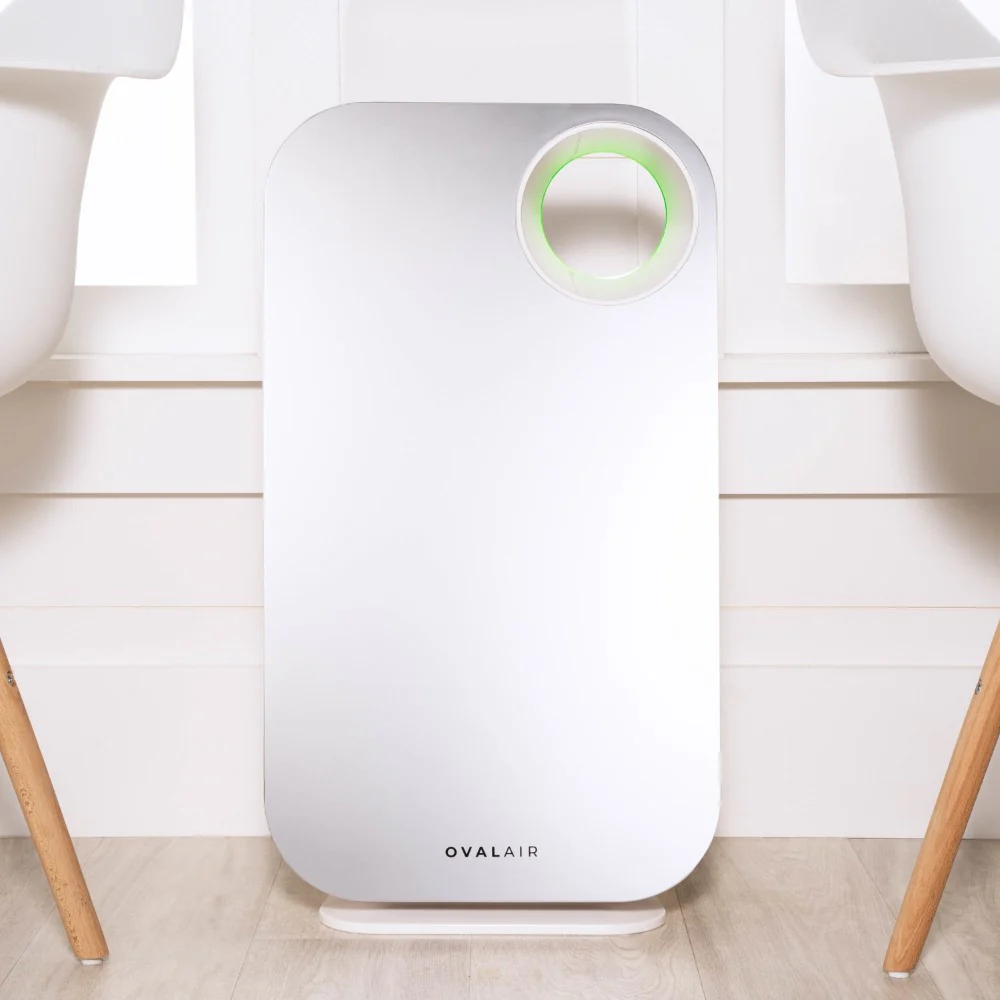
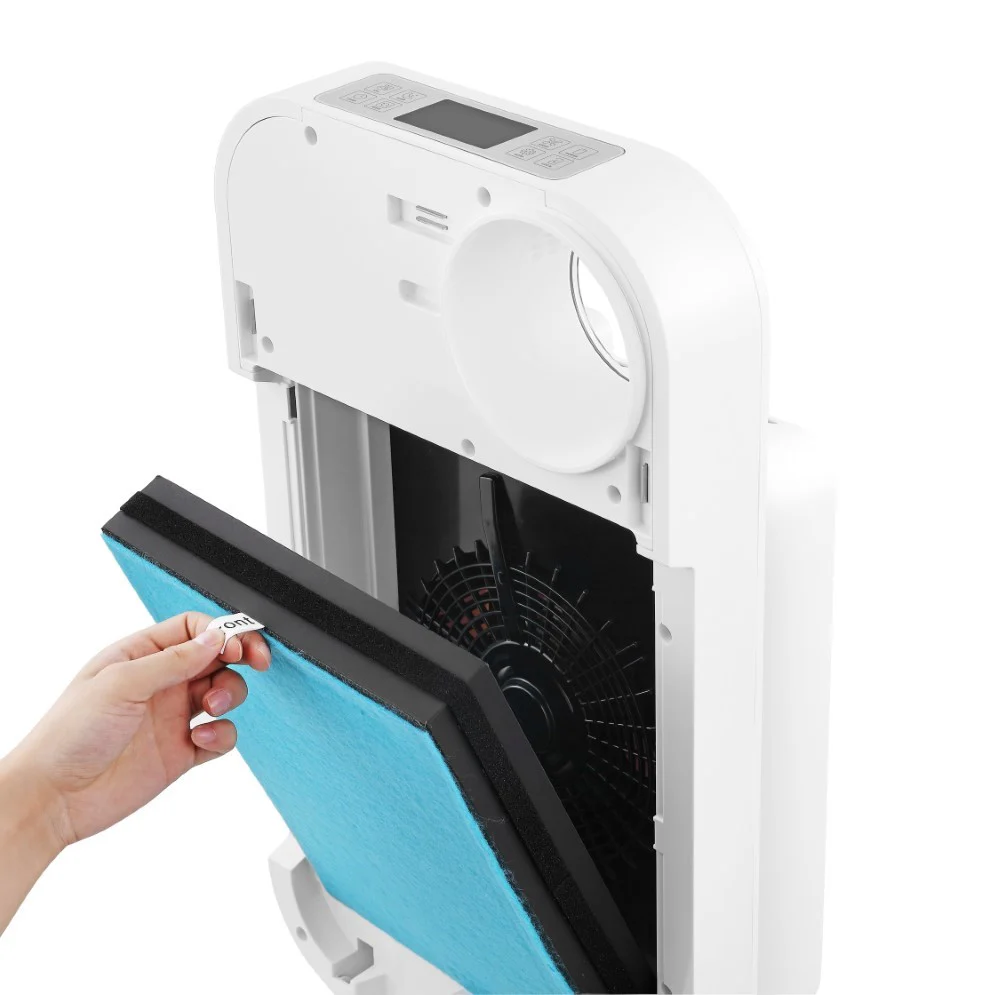
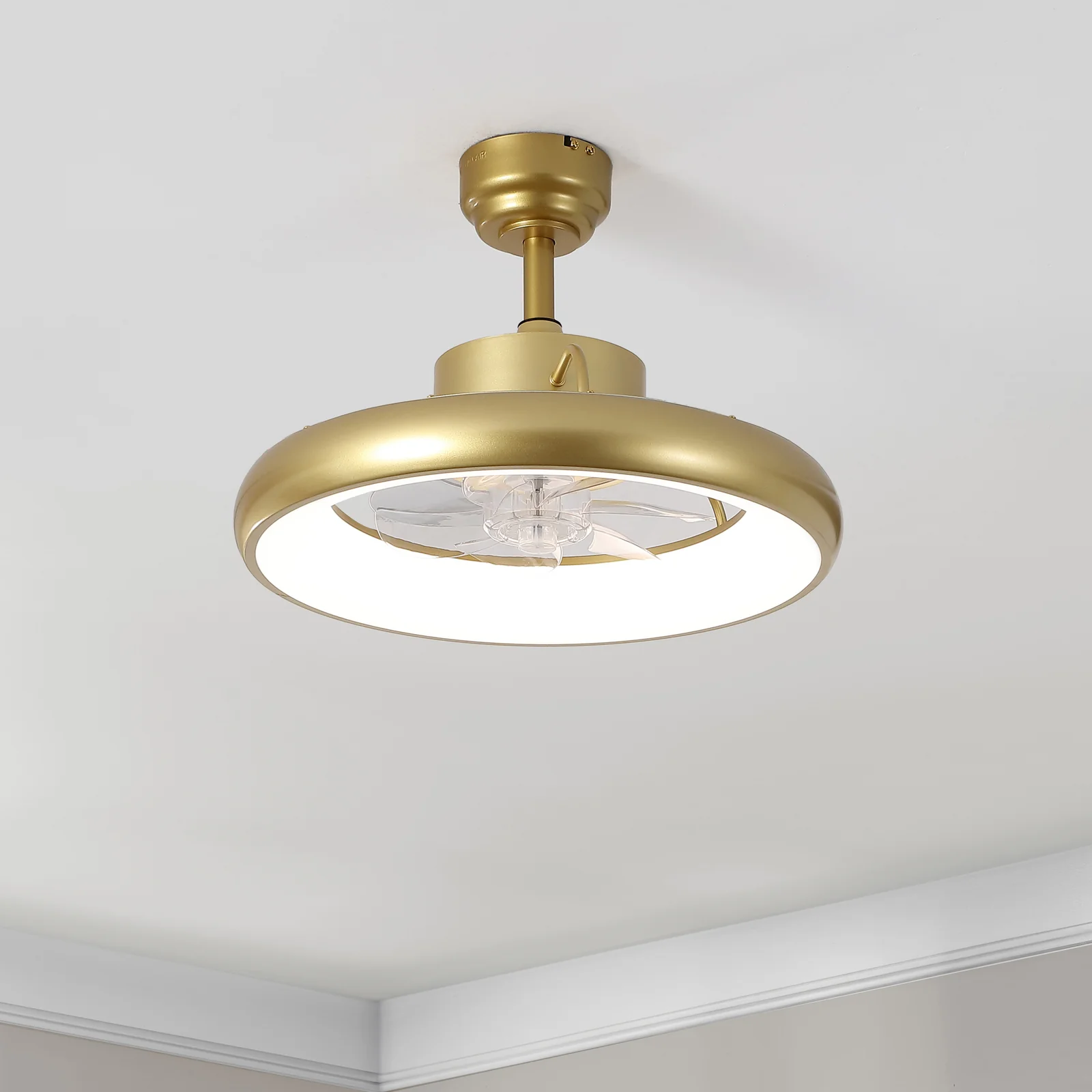
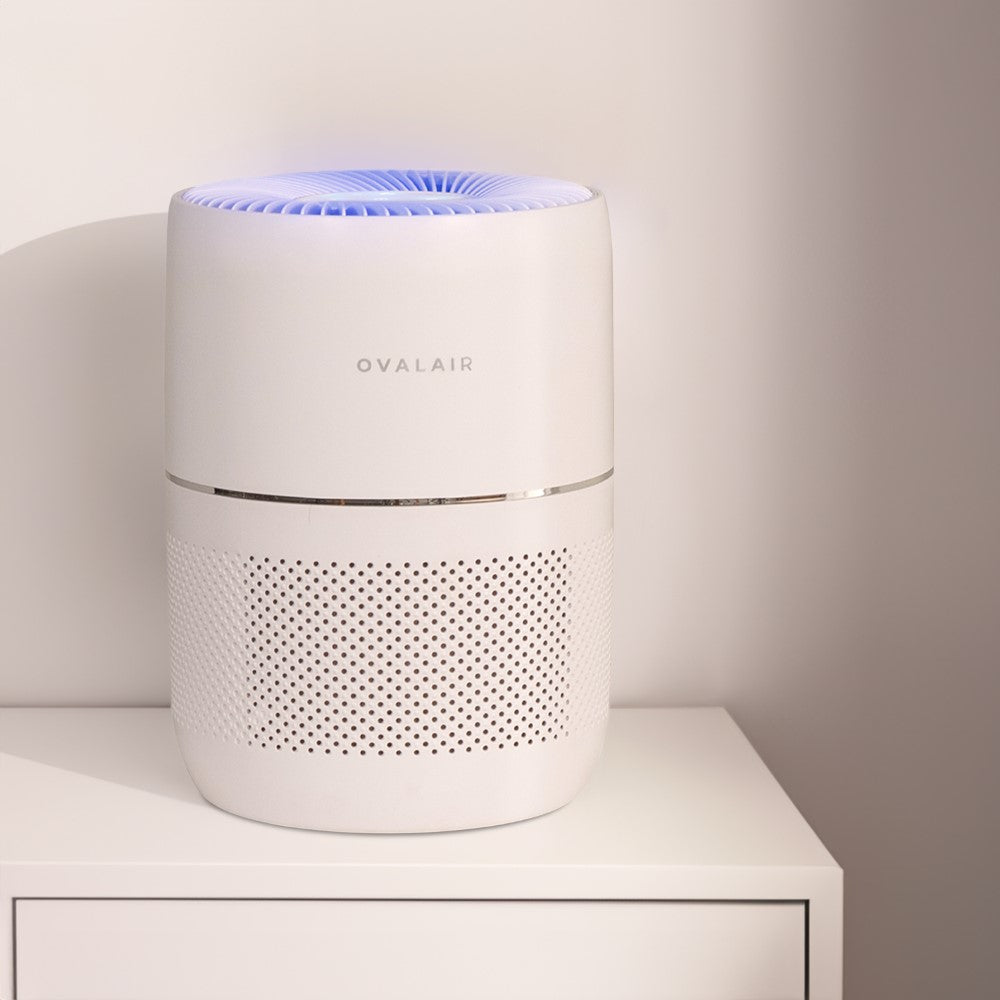
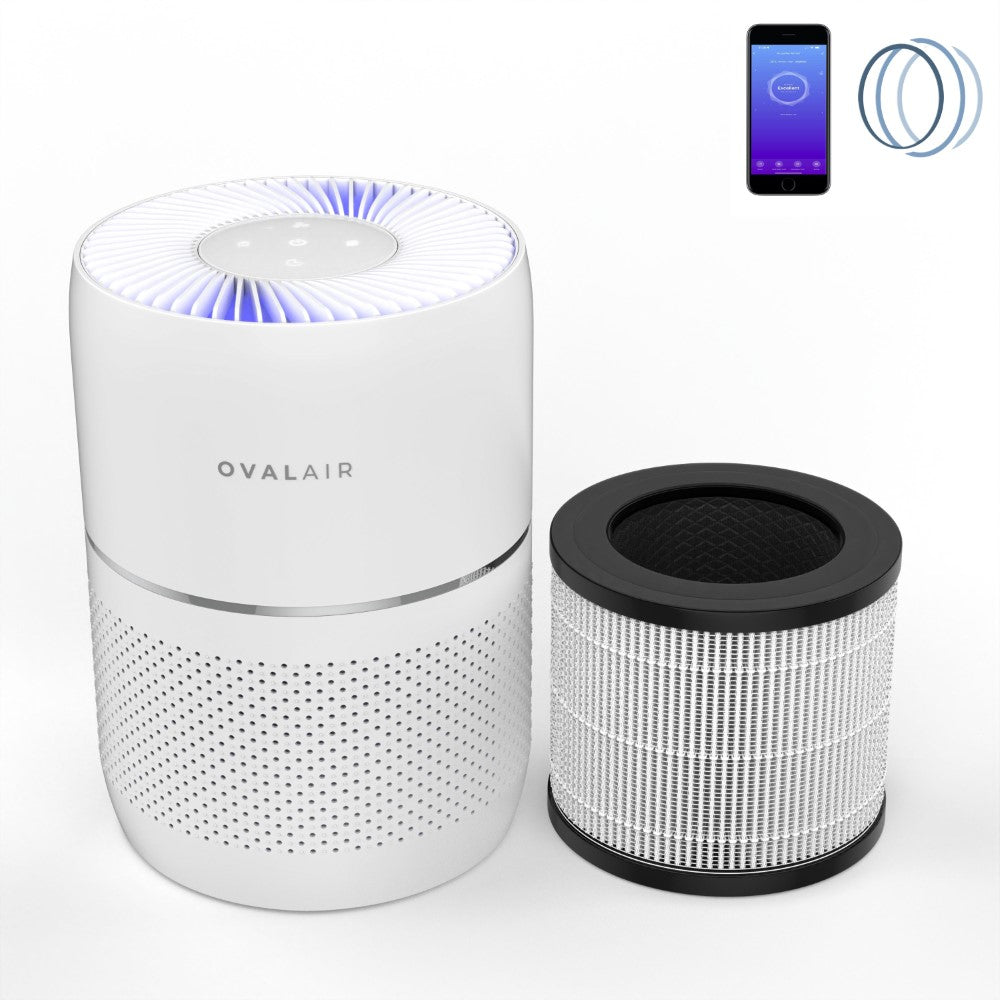
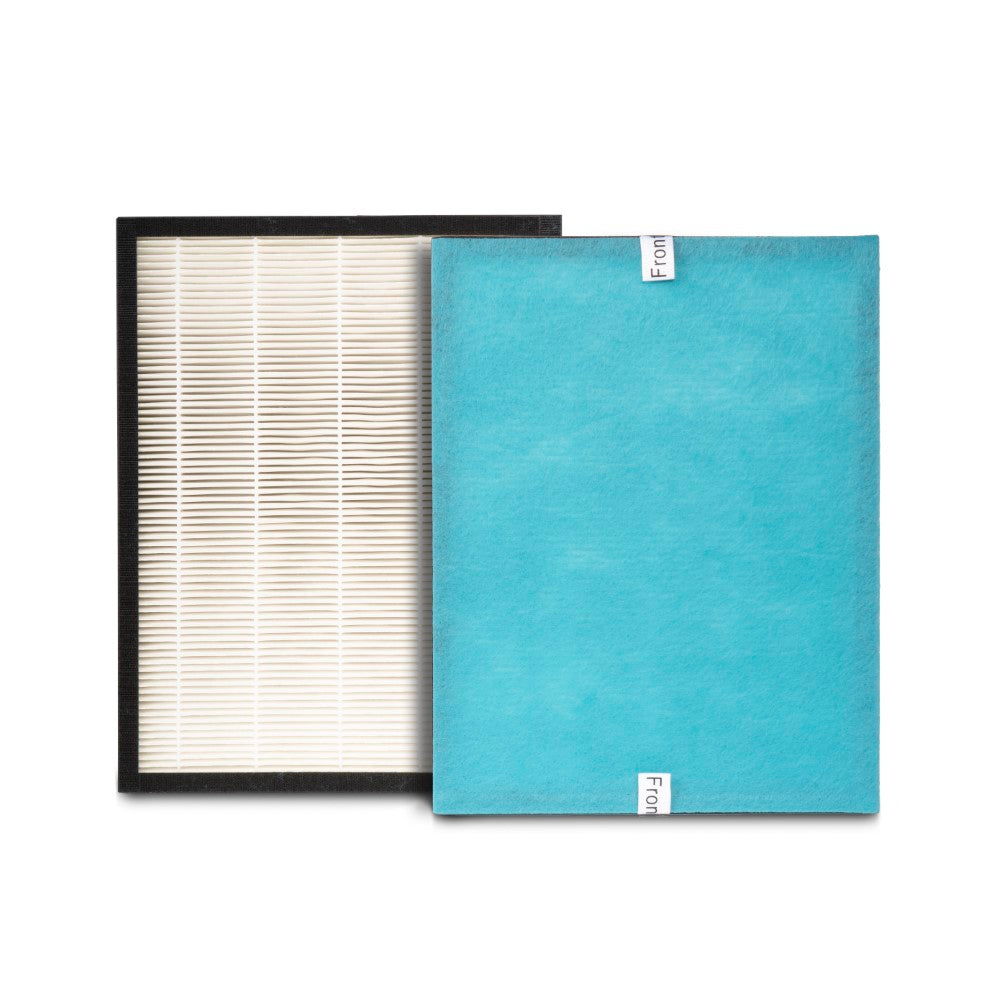
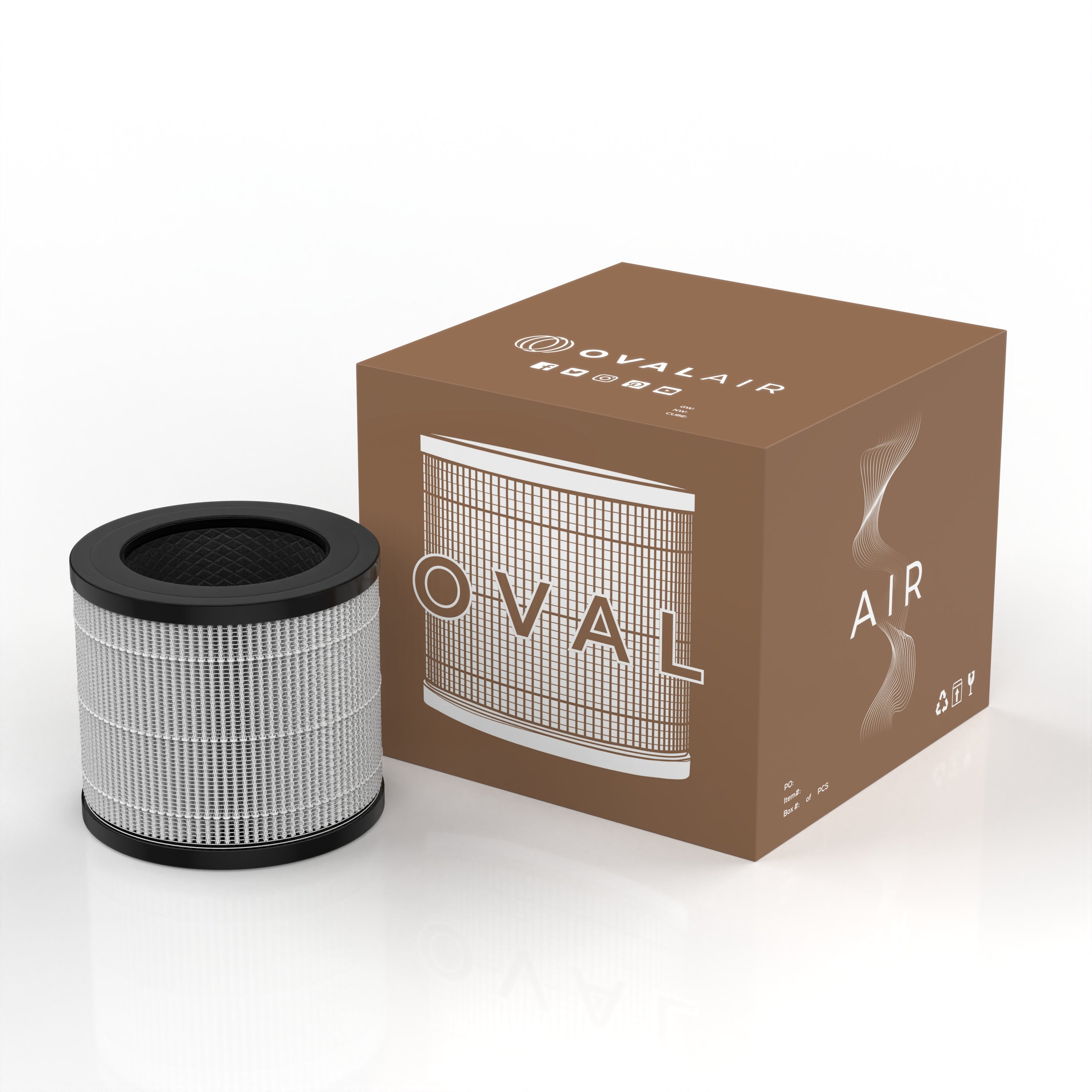
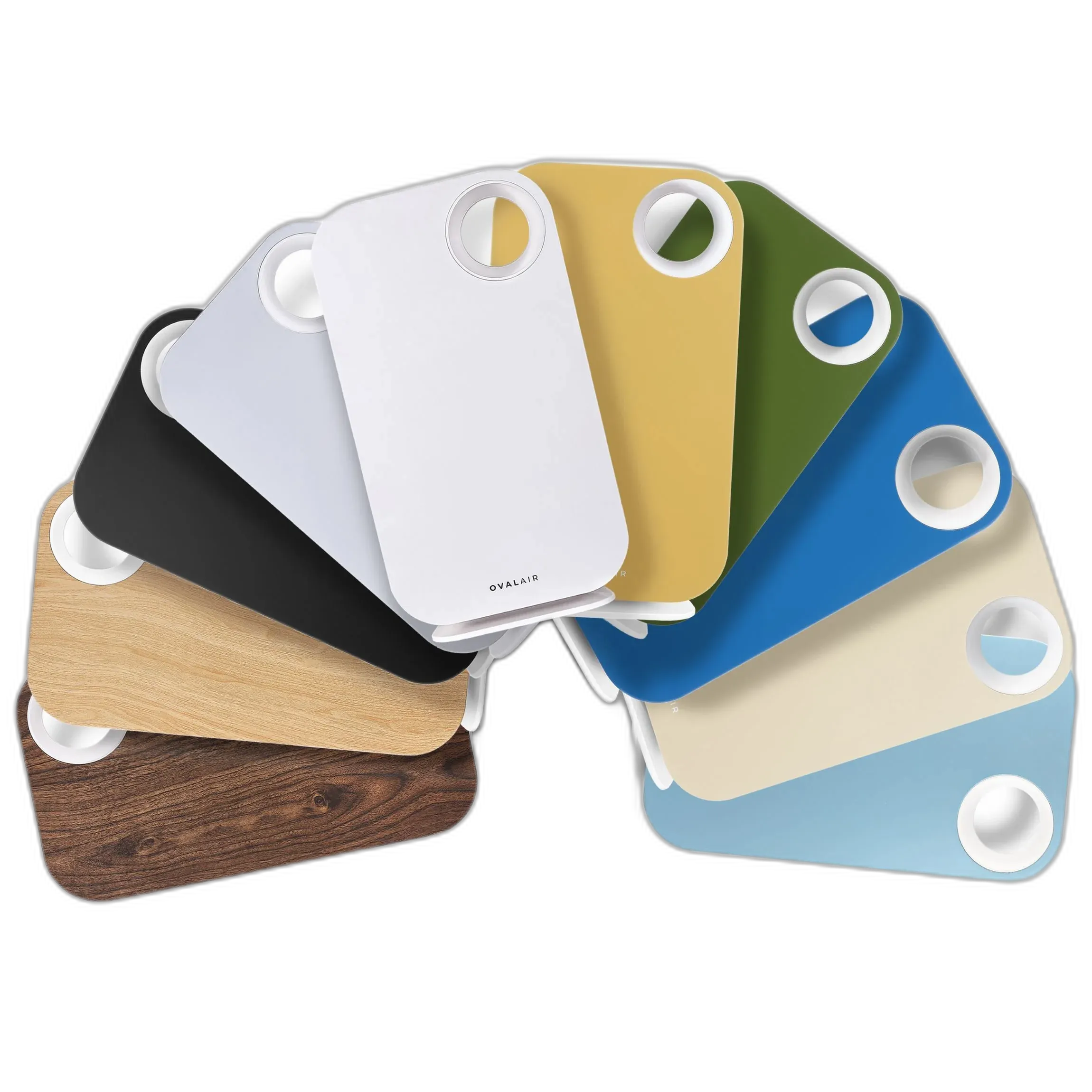
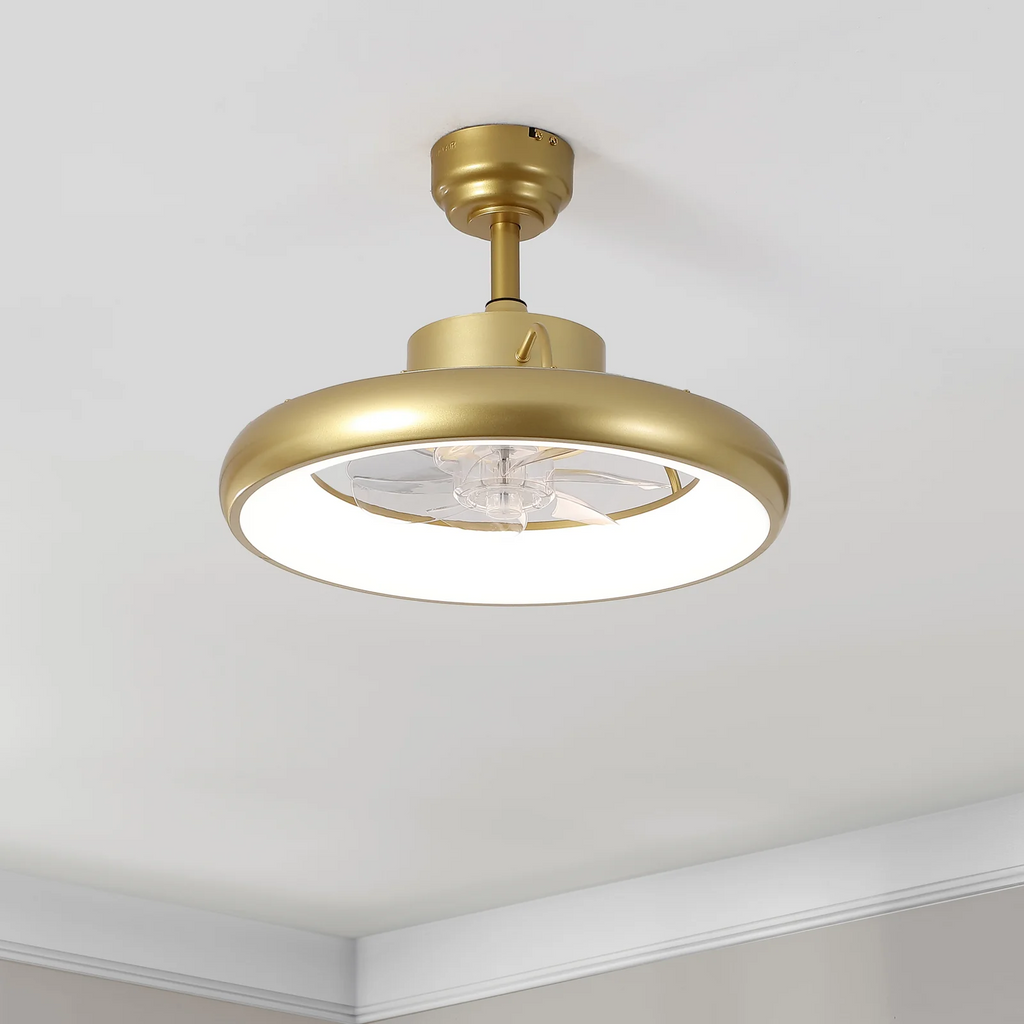
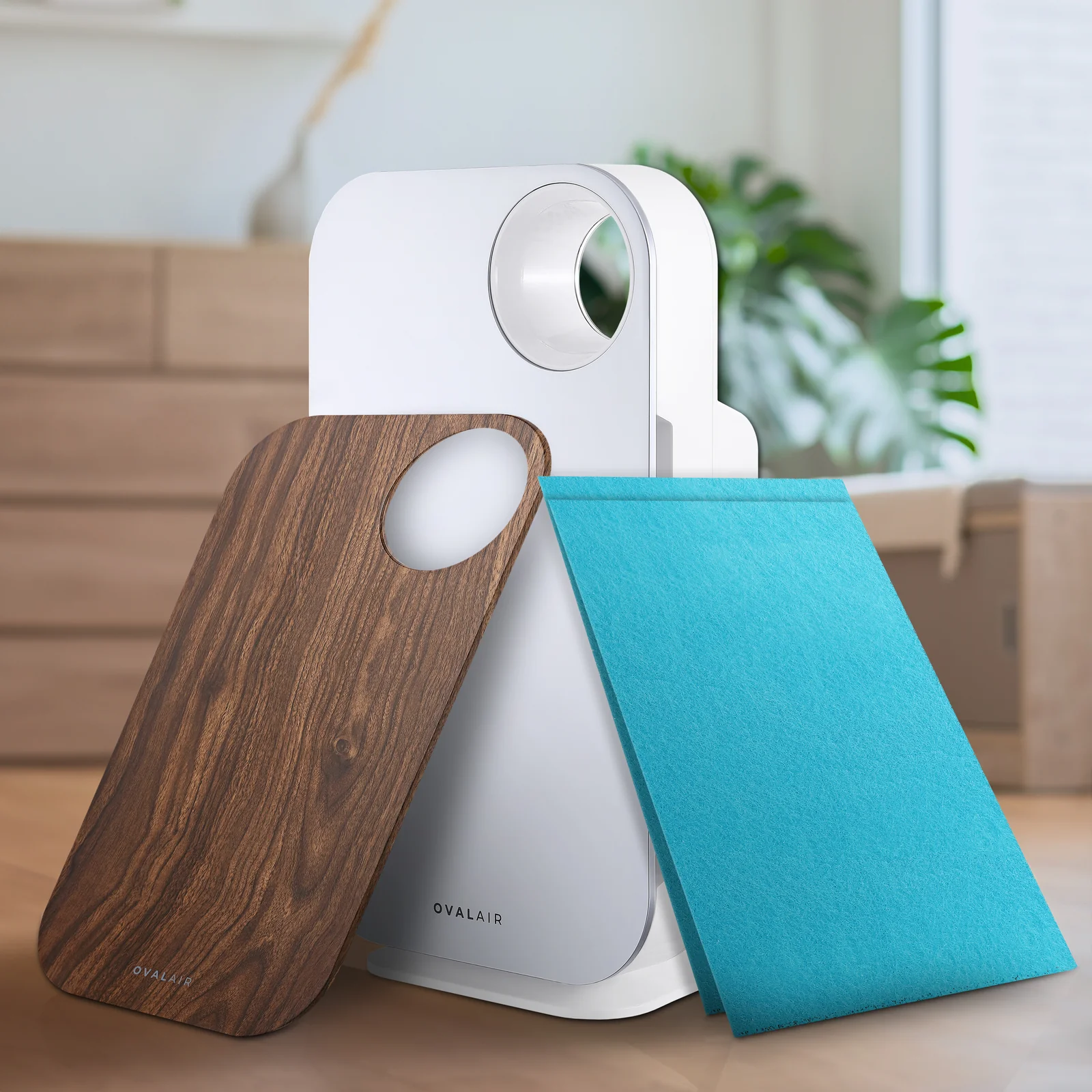
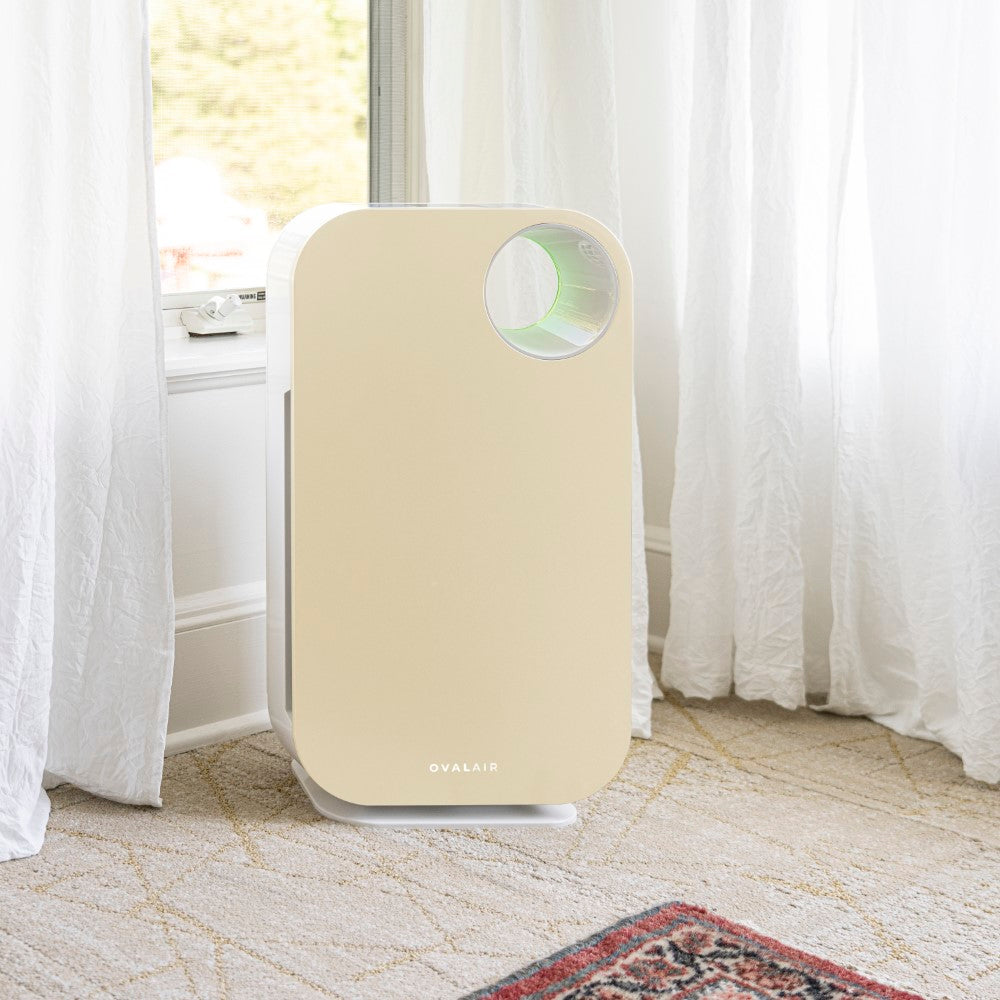
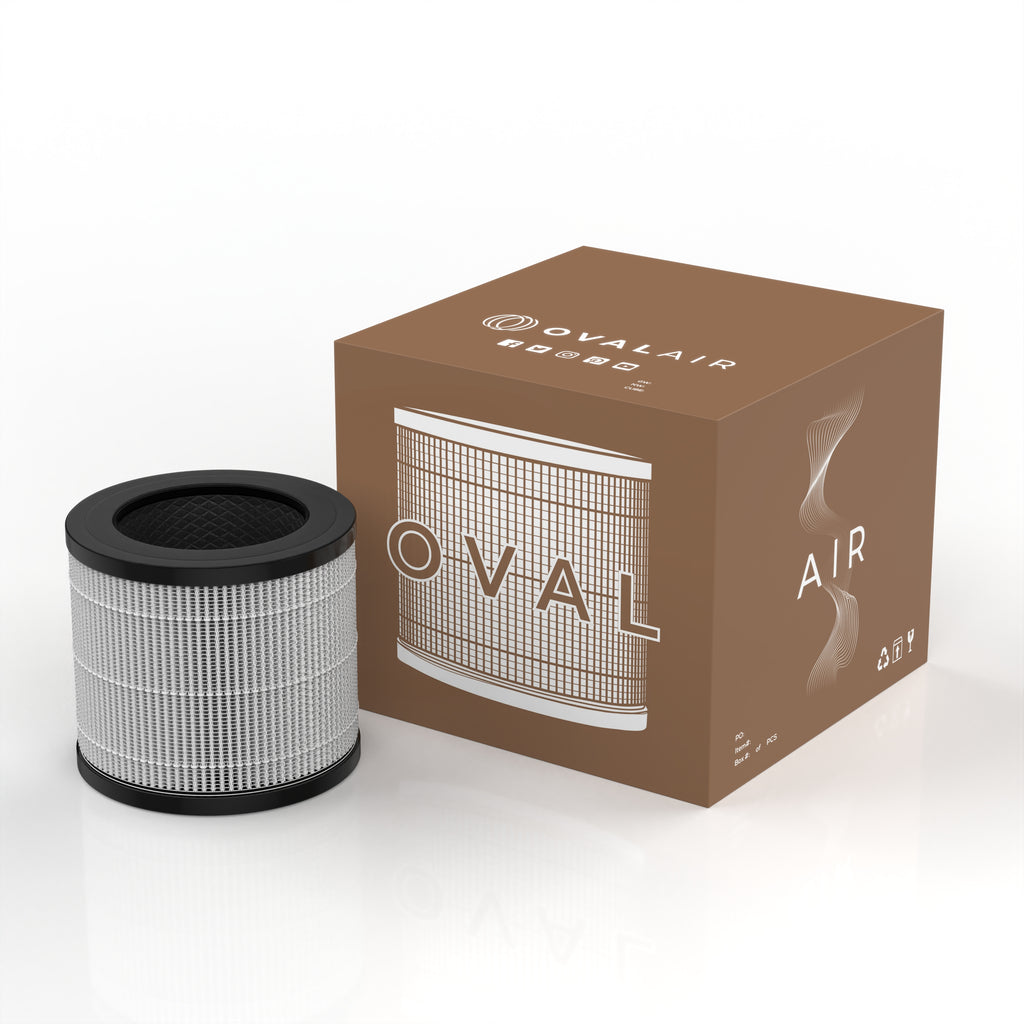
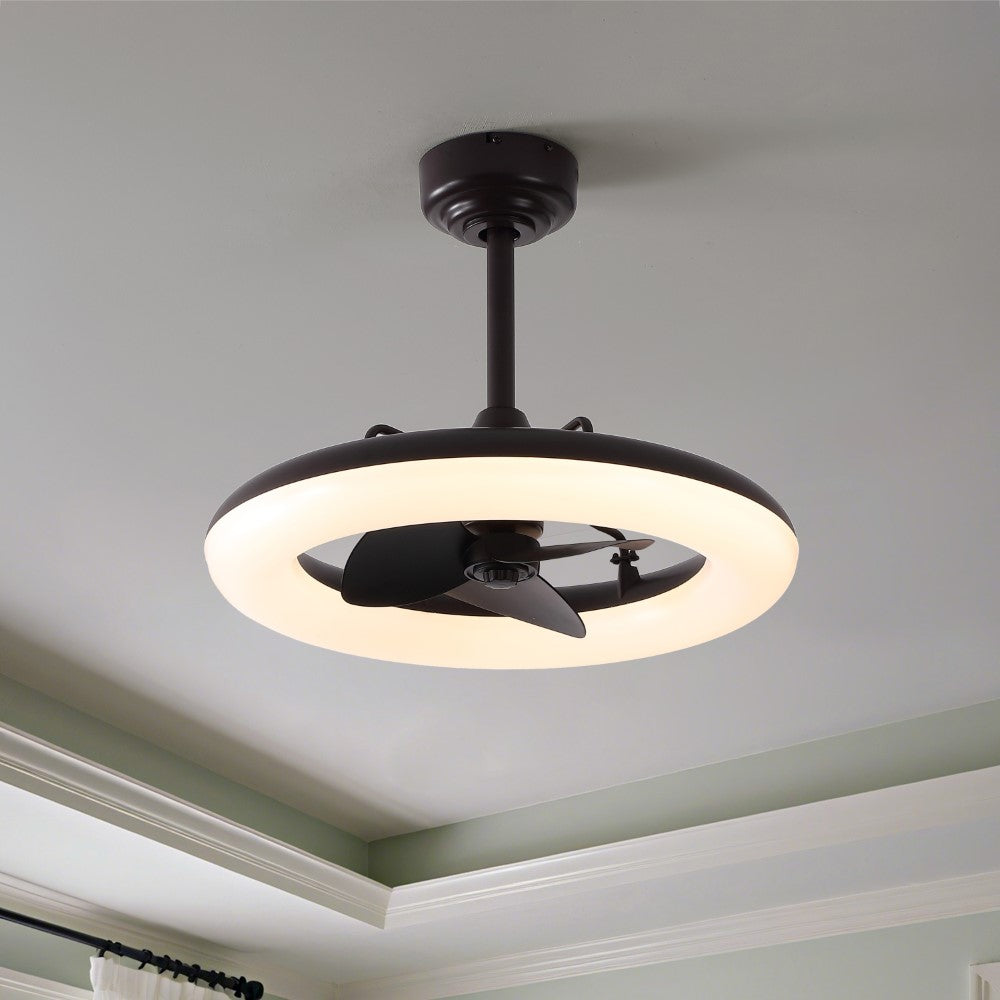
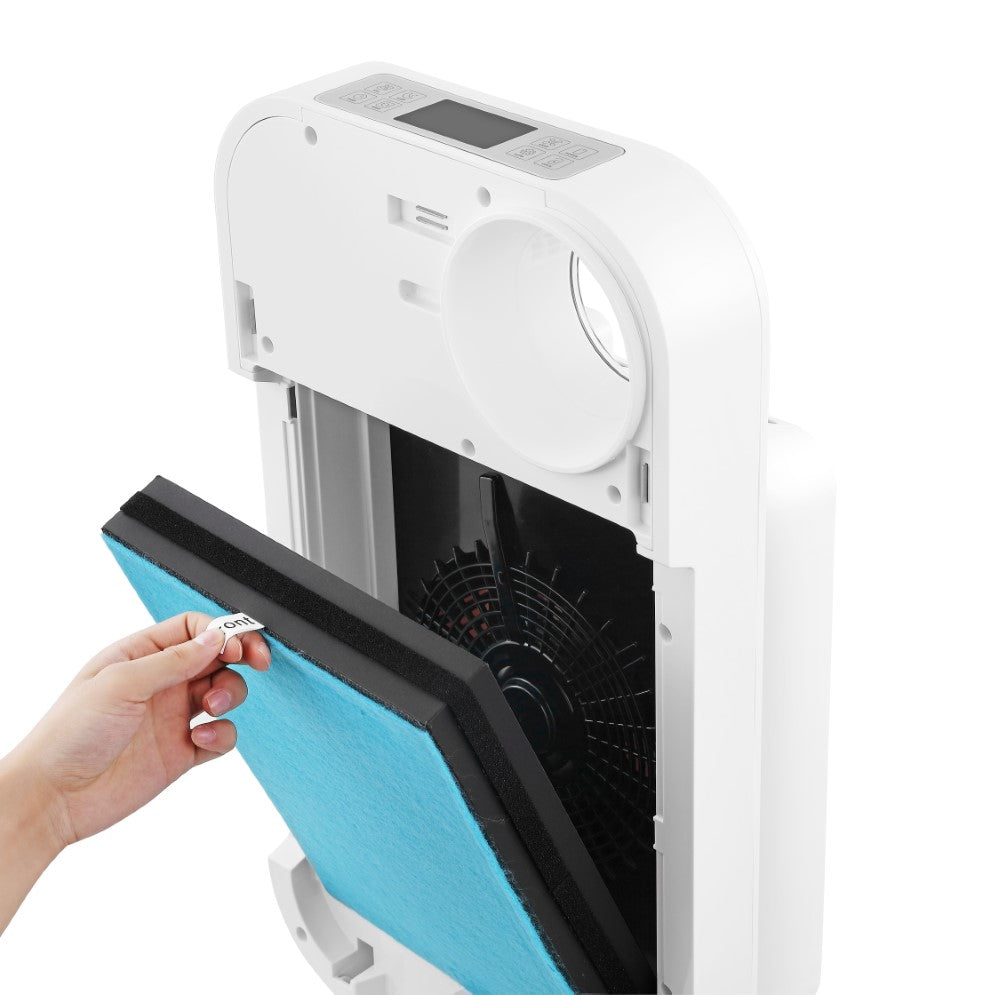


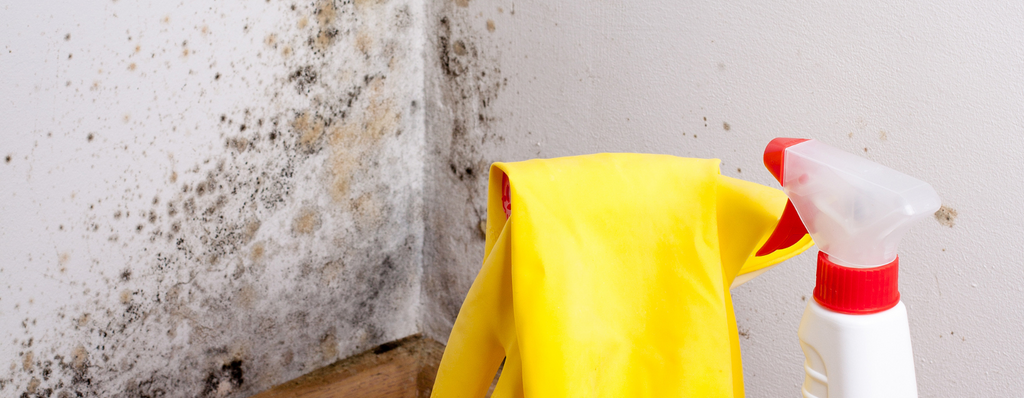




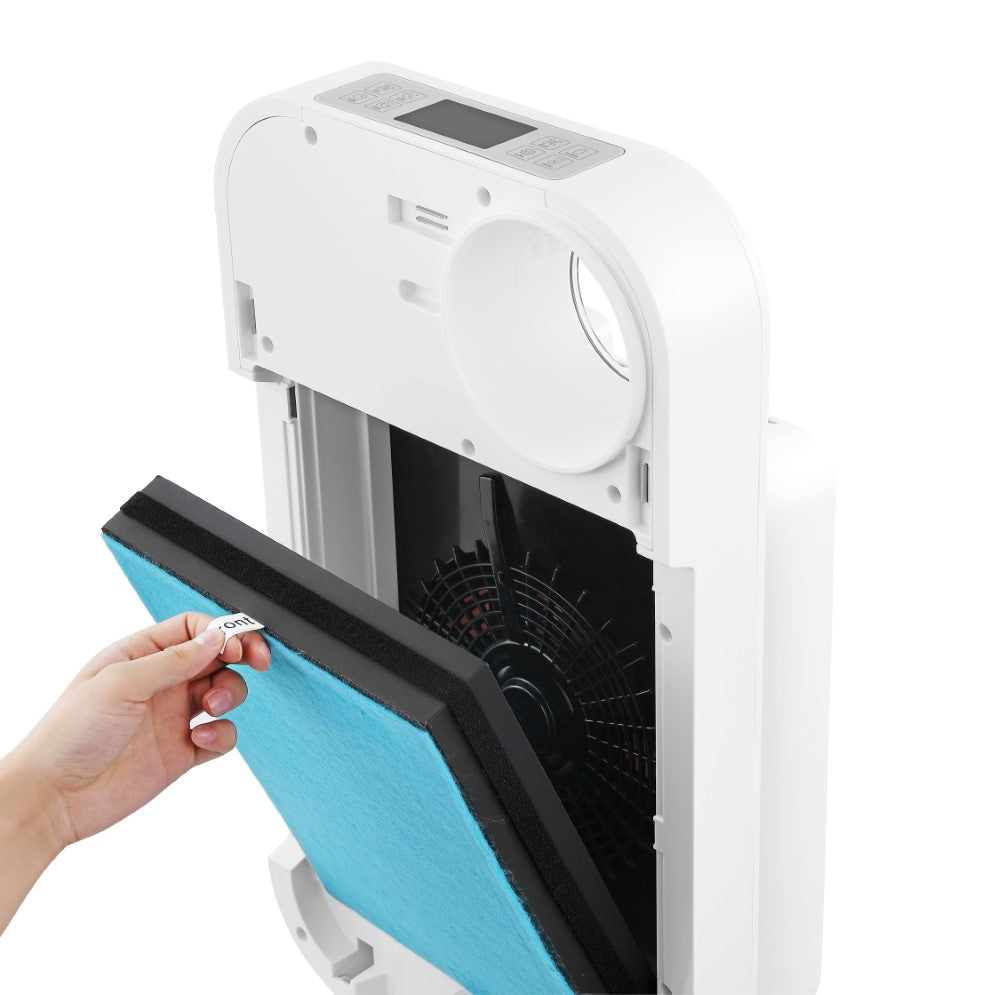


Leave a comment